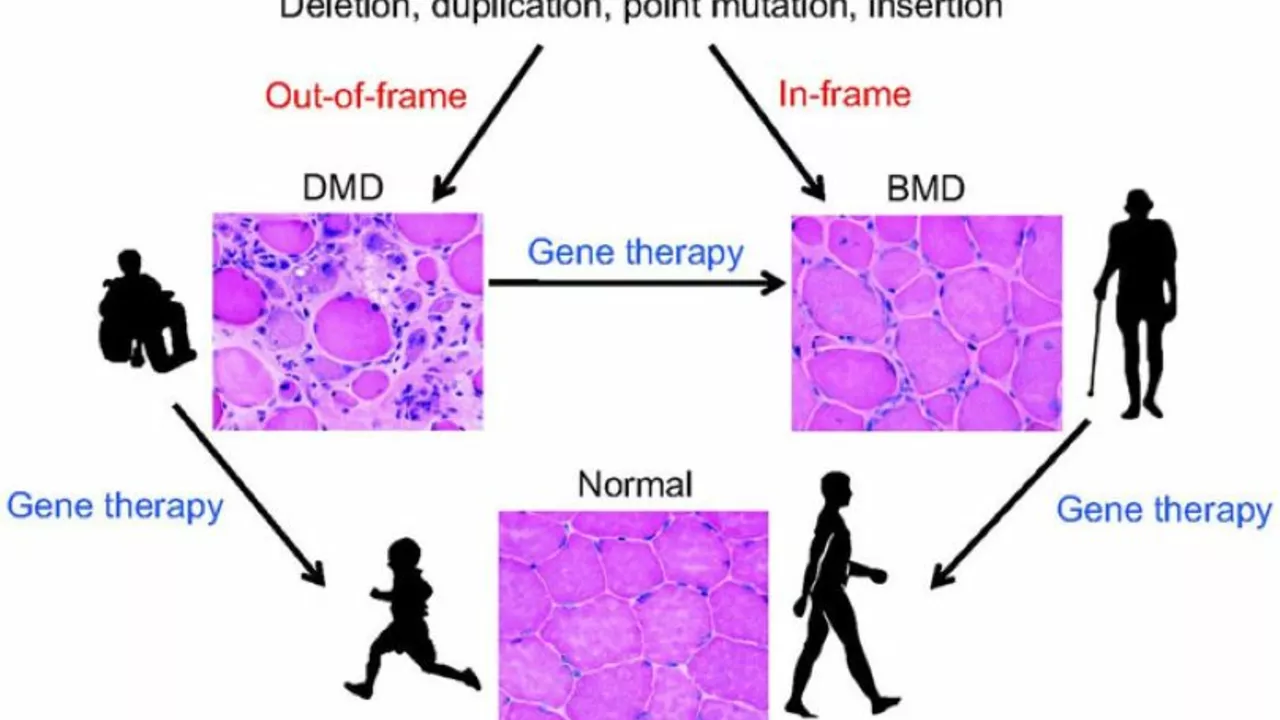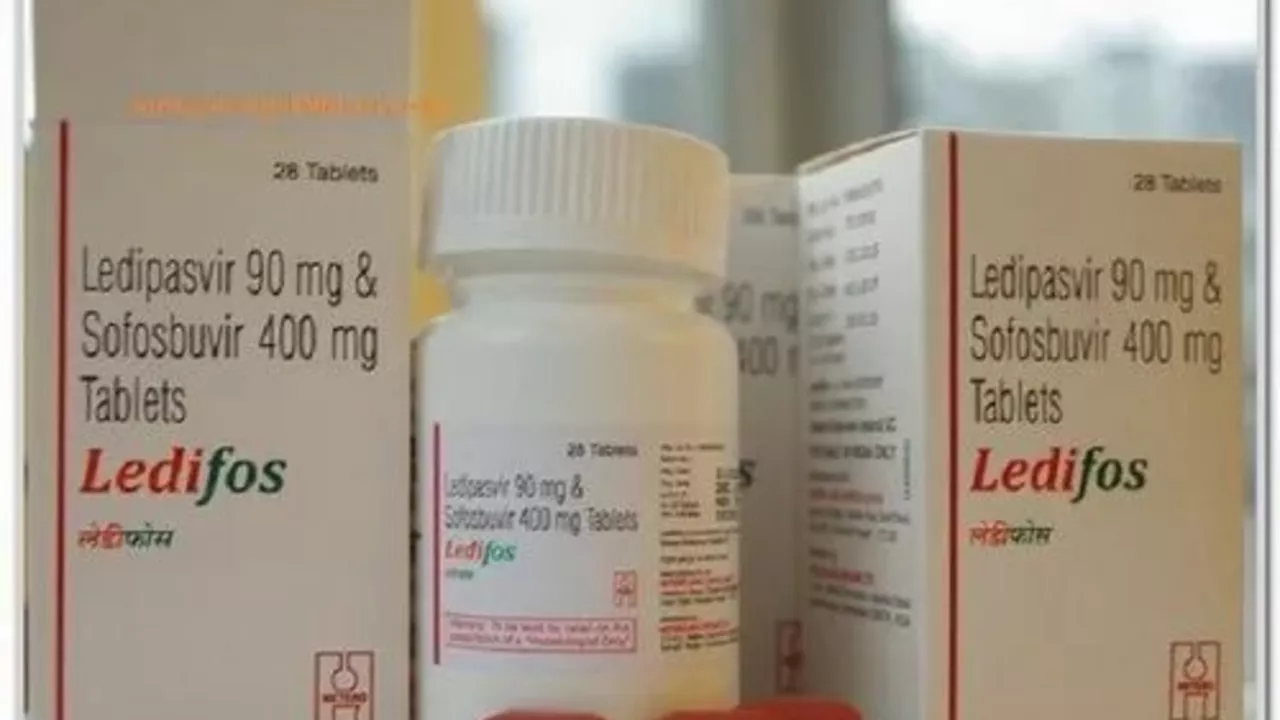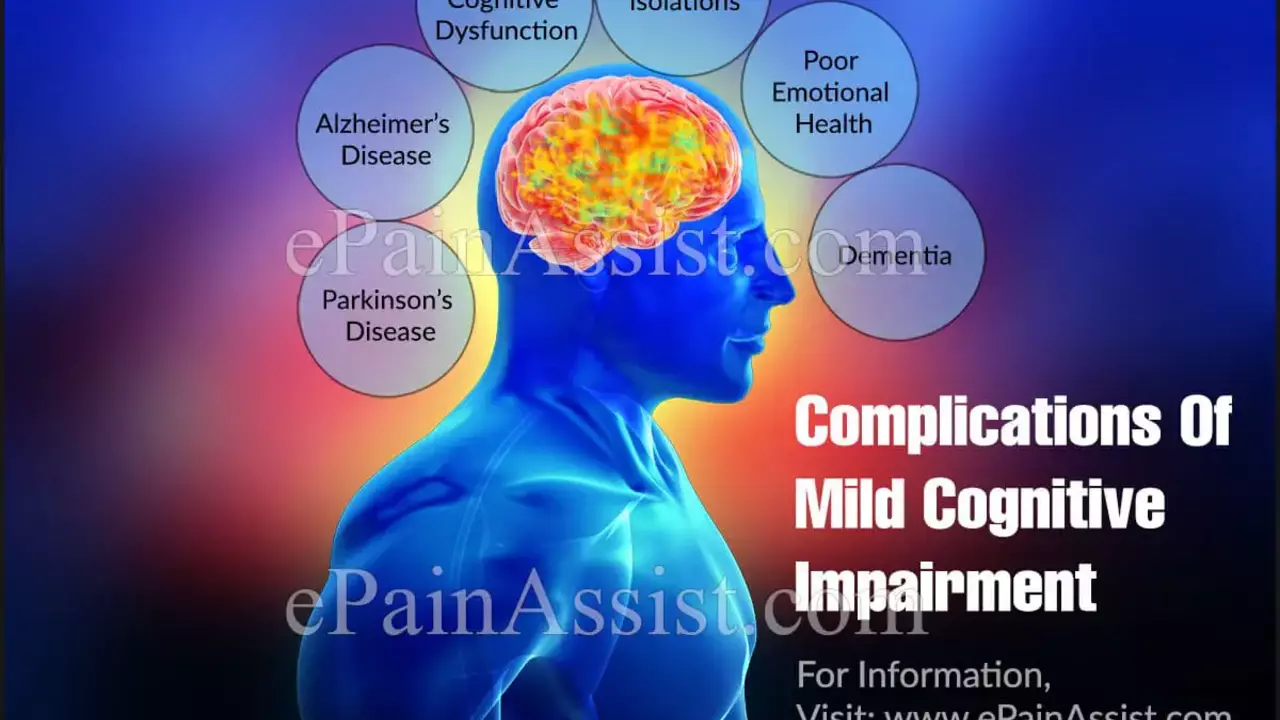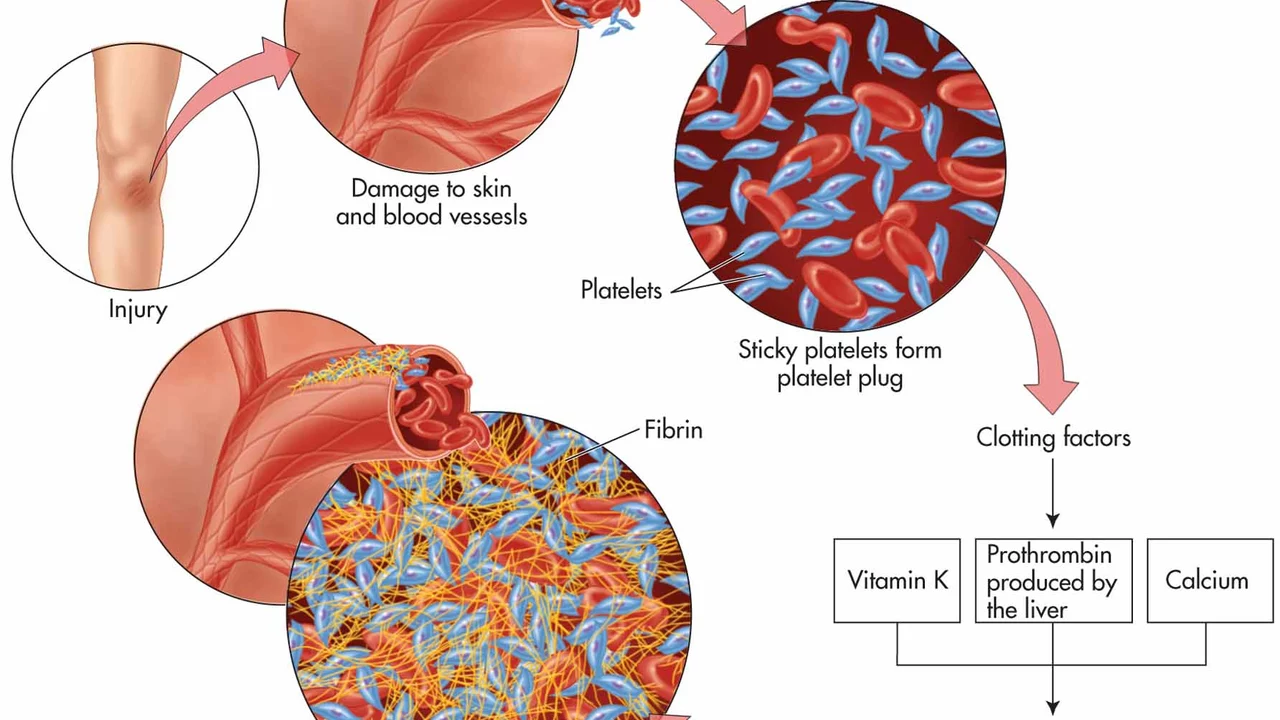July 2023 Archive — practical guides on meds, supplements, and care
July 2023 on MedsEngage brought seven focused posts that mix practical advice with clear medical context. Topics ranged from new supplement buzz to hands-on care strategies for serious conditions. Read on for quick summaries and the most useful actions you can take right now.
The Alpinia supplement article explains why this tropical plant is drawing attention. Researchers point to anti-inflammatory and digestion-supporting compounds. If you’re curious, check product quality, look for standardized extracts, and talk to your clinician before starting—especially if you take other meds.
For parents facing a Duchenne Muscular Dystrophy diagnosis, the coverage centers on manageable steps: learn the condition, build a care team (neurology, physio, cardiology), plan for mobility needs early, and connect with parent support groups. Practical paperwork tips and therapy timing can reduce stress.
The post on depression and suicide lays out clear warning signs—withdrawal, hopeless talk, big behavior shifts—and immediate prevention steps: ask directly about thoughts, remove access to means, contact a crisis line, and get professional help quickly. These are actions anyone can take when worried about someone.
Pharmacists’ role in Ledipasvir therapy for Hepatitis C was highlighted as pivotal. Pharmacists help with dosing schedules, checking drug interactions, monitoring side effects, and reinforcing adherence. If you or a loved one starts Ledipasvir, include the pharmacist in follow-up care and report any symptoms early.
The Rivastigmine plus cognitive training piece shows growing interest in combined approaches for Alzheimer’s symptoms. Medication can ease symptoms while targeted mental exercises aim to support daily function. Ask your neurologist whether a structured cognitive program fits your care plan.
Tomato dietary supplements were covered for their lycopene content and heart benefits. The practical advice: prefer supplements with clear lycopene amounts, consider them as an addition—not a replacement—for a heart-healthy diet, and check interactions if you take blood thinners.
Finally, the psychological impact of blood clots in stents was addressed with coping strategies: acknowledge anxiety, try paced breathing or short walks when cleared, join cardiac rehab, and seek counseling if fear limits your life. Mental health is part of recovery.
Top practical takeaways
1) Always check supplement quality and talk to a clinician before starting anything new. 2) Build a multidisciplinary team early for chronic or progressive diagnoses. 3) If you suspect suicide risk, act immediately: ask, remove means, and get urgent help. 4) Use pharmacists as medication coaches—especially for antivirals. 5) Treat mental health as part of physical recovery after cardiac events.
Who should read these posts
If you follow new supplements, care for someone with a serious diagnosis, manage chronic meds, or want straightforward mental health action steps, these July posts are for you. Bookmark the month, share the practical tips with your care team, and check back for deeper guides on any topic that matters to you.
The Science Behind Alpinia: How This Dietary Supplement is Changing the Health Industry
Well folks, buckle up, because we're diving headfirst into the world of Alpinia, a dietary supplement that's causing quite the stir in the health industry. Now, I know what you're thinking, "Not another health fad", but this one's backed up by some impressive science! It turns out this tropical plant is a real powerhouse, packed full of compounds that can help with everything from digestion to inflammation. And the health industry? They're practically tripping over themselves to get it on the shelves! It's like watching a crowd of scientists at a rock concert, and Alpinia's the headlining act. So sit back, grab a cup of tea, and let's explore just how this little plant is changing the game!
Coping with a Duchenne Muscular Dystrophy Diagnosis: Tips for Parents
Learning that your child has Duchenne Muscular Dystrophy can be overwhelming and emotionally draining. But remember, you're not alone. There are strategies, resources, and support networks that can help you navigate this challenging journey. It's important to educate yourself about the condition, seek professional help, and focus on providing a supportive and loving environment for your child. Dealing with this diagnosis is tough, but with resilience, hope, and love, it's possible to manage and live a fulfilling life.
The Link Between Depression and Suicide: Warning Signs and Prevention
In my latest post, I explore the profound connection between depression and suicide, highlighting that untreated or severe depression significantly increases the risk for suicidal thoughts and actions. I delve into the warning signs of suicide, such as changes in behavior, feelings of hopelessness, and talk of death or suicide. I also discuss the importance of prevention strategies, such as seeking mental health support, creating a safe environment, and encouraging open communication about feelings. It's a heavy topic, but one that we must address to help save lives. Remember, it's absolutely okay to reach out if you or someone you know is struggling.
The role of pharmacists in managing Ledipasvir therapy for Hepatitis C patients
In my recent exploration, I've discovered the significant role pharmacists play in managing Ledipasvir therapy for Hepatitis C patients. They are essential in guiding patients through the treatment process, ensuring they understand how to take their medication correctly to maximize its effectiveness. They closely monitor patients' response to the therapy, adjusting dosages when necessary, to reduce side effects. Additionally, pharmacists provide important advice on lifestyle changes to support the therapy. Their support and guidance are invaluable for patients battling Hepatitis C.
Rivastigmine and Cognitive Training: A Winning Combination for Alzheimer's Disease?
In my latest exploration, I've delved into the promising potential combination of Rivastigmine and cognitive training for Alzheimer's disease. It appears that Rivastigmine, a drug traditionally used to alleviate Alzheimer's symptoms, may have its effectiveness significantly enhanced when paired with cognitive training. This training focuses on boosting the mental capabilities of patients, thereby potentially slowing the disease's progression. While more research is needed, the initial results are exciting and bring a ray of hope for those battling this devastating disease. It's truly fascinating how combining different strategies could potentially change the game in Alzheimer's treatment.
Transform Your Health with the Incredible Power of Tomato Dietary Supplements
In the journey to better health, I've discovered the amazing benefits of tomato dietary supplements. These are packed with lycopene, a powerful antioxidant that's been linked to a lower risk of heart disease and cancer. Plus, they're a great source of vitamins A and C. They're easy to incorporate into your daily routine and may just be the missing piece in your wellness puzzle. Trust me, your health will thank you for this little red powerhouse!
The psychological impact of blood clots in stents: coping strategies and support
Dealing with blood clots in stents can take a toll on a person's mental health, leading to stress, anxiety, and even depression. The fear of complications, recurring health issues or undergoing surgery can be overwhelming. However, coping strategies like mindfulness, routine exercise, and maintaining a healthy diet can greatly help manage these concerns. Support from therapists, support groups, or loved ones is crucial in overcoming these psychological hurdles. It's important to remember that it's okay to seek help and take care of your mental health, as it plays a vital role in your overall well-being.
About
Health and Wellness, Health and Medicine, Mental Health
Latest Posts


8 Alternatives to Wellbutrin Sr
By Marcel Kornblum Feb 28, 2025

Green Tea and Warfarin: What You Need to Know About INR and Blood Clotting
By Marcel Kornblum Nov 22, 2025

Buy Generic Atenolol Online (Australia): Cheap Prices, PBS, Safe Pharmacies 2025
By Marcel Kornblum Aug 24, 2025







